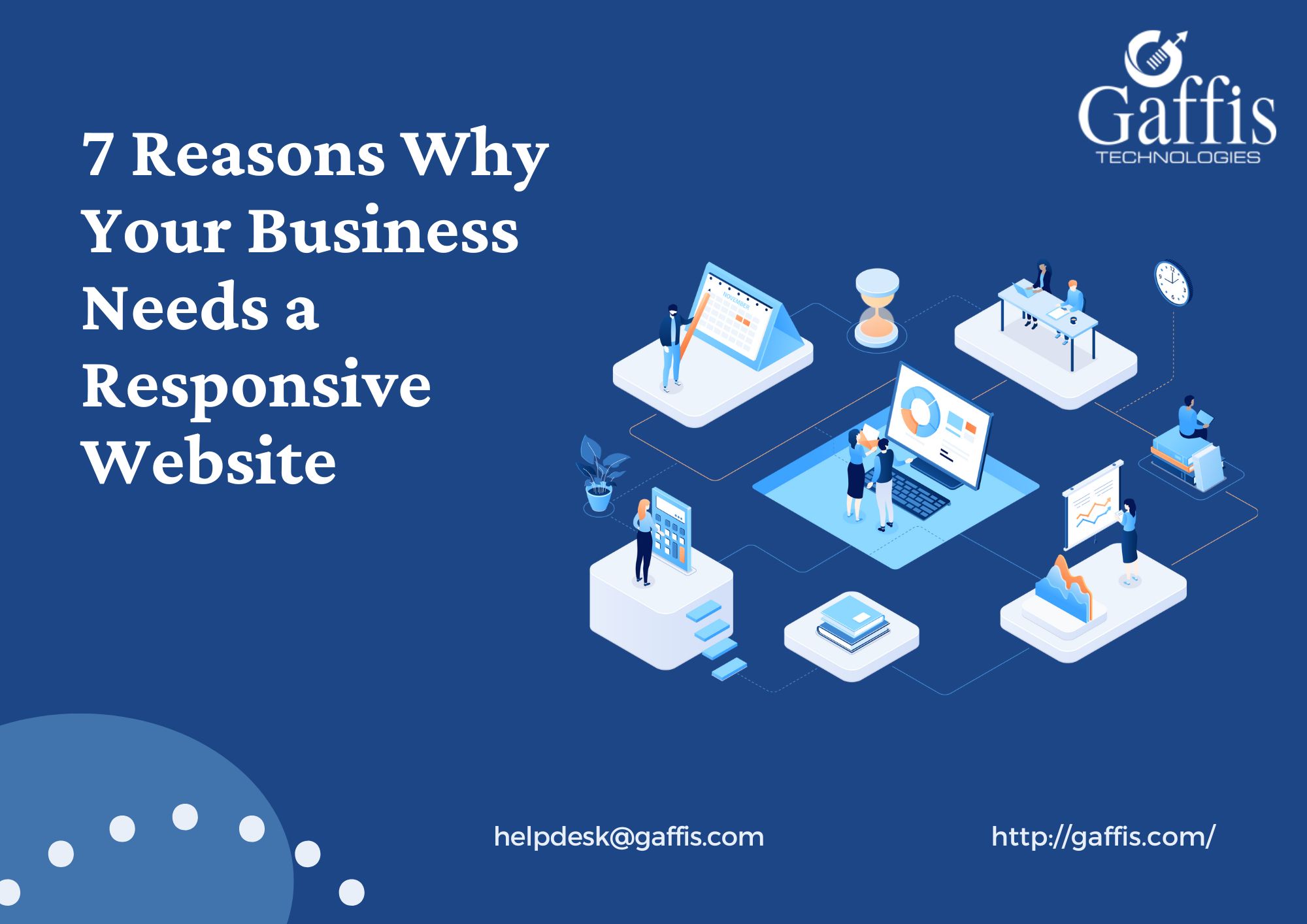If you’re thinking about creating a responsive website or are just curious about what it is, then keep reading. We’ll take a look at what responsive design is, how it works, and some of the benefits that it can offer.
What is a Responsive Website?
A responsive website is one that is designed to respond to the device that is being used to view it. That means that the website will adjust its layout and content to provide the best possible experience for the user, regardless of the size of the device or screen. Responsive website design is not a new concept, but it has become more important in recent years as the number of mobile users has increased dramatically. Responsive design is an approach to web design that makes websites work well on a variety of devices, from small smartphones to large desktop monitors.
There are a few different techniques that can be used to create a responsive website, but the most important thing is to keep the user experience in mind at all times. That means creating a website that is easy to use and navigate, regardless of the device used.
If you’re a business owner, then you know how important it is to have a website. But did you know that having a responsive website is just as important? Here are seven reasons why your business needs a responsive website.
1. More people are using mobile devices to access the internet.
More and more people are using their smartphones and tablets to access the internet. In fact, according to Statista, 52.2 percent of internet traffic worldwide came from mobile devices in 2018. What does this mean for your business? If you want to reach your target audience, you need to have a responsive website. Otherwise, you risk losing potential customers.
2. A responsive website provides a better user experience.
A responsive website automatically adapts to the device someone is using. This provides a better user experience, as the website is easy to navigate and use, no matter what device someone is on. In contrast, a non-responsive website can be difficult to use on a mobile device. This often leads to people leaving the website and going to a competitor’s site instead.
3. A responsive website is more SEO-friendly.
Google favors responsive websites when it comes to ranking them in search results. So, if you want your website to rank higher in search results, you need to make sure it’s responsive. There are a few reasons for this. One of the reasons is that responsive websites are easier for Google to crawl and index.
4. Your website needs to be accessible on all devices.
Any business that wants to stay relevant in today’s market must have a responsive website. This is because people are accessing the internet from a variety of devices, and you want to make sure that your site is accessible to all of them. A responsive website is one that is designed to work well on all devices, from small smartphones to large desktop monitors. This means that your site will look and function optimally regardless of the device used to view it.
5. It is important to keep up with the latest trends.
As a business owner, it’s important to keep up with the latest trends in web design. If you want your business to be seen as modern and forward-thinking, you need to have a responsive website.
6. A responsive website looks better on mobile devices.
A responsive website is a must-have for any business nowadays. The reason for this is that a responsive website looks significantly better on mobile devices. In a world where more and more people are using their phones and tablets to access the internet, it’s vital that your website is responsive. If it’s not, you could be losing out on a lot of potential customers.
7. Lower Bounce Rate
If your website is responsive, users will be able to view it properly no matter what device they’re using. This means that they’re less likely to bounce because they won’t be frustrated by a website that doesn’t work properly on their device.








